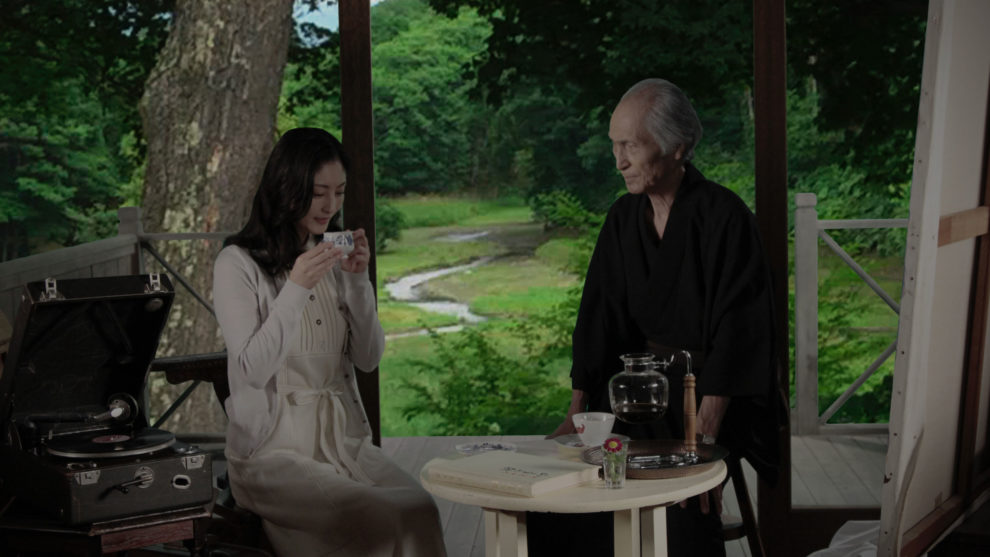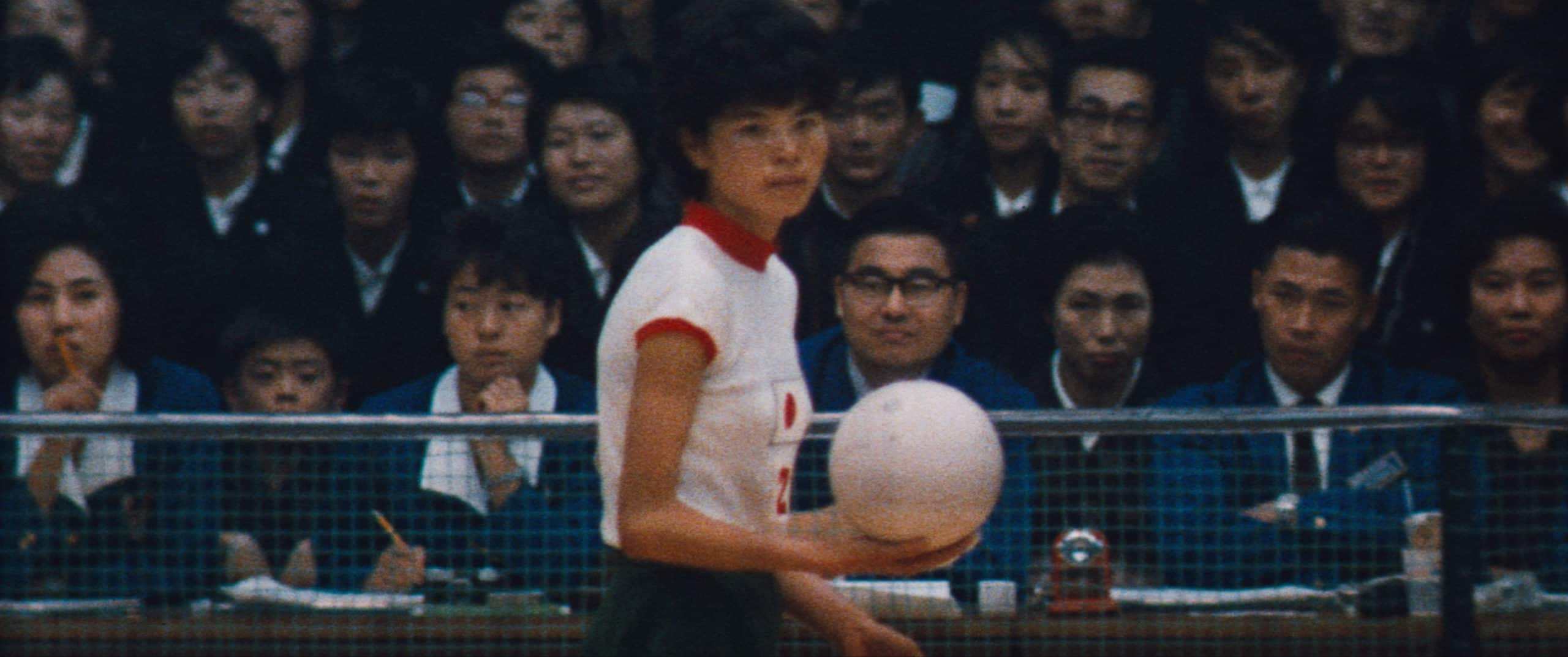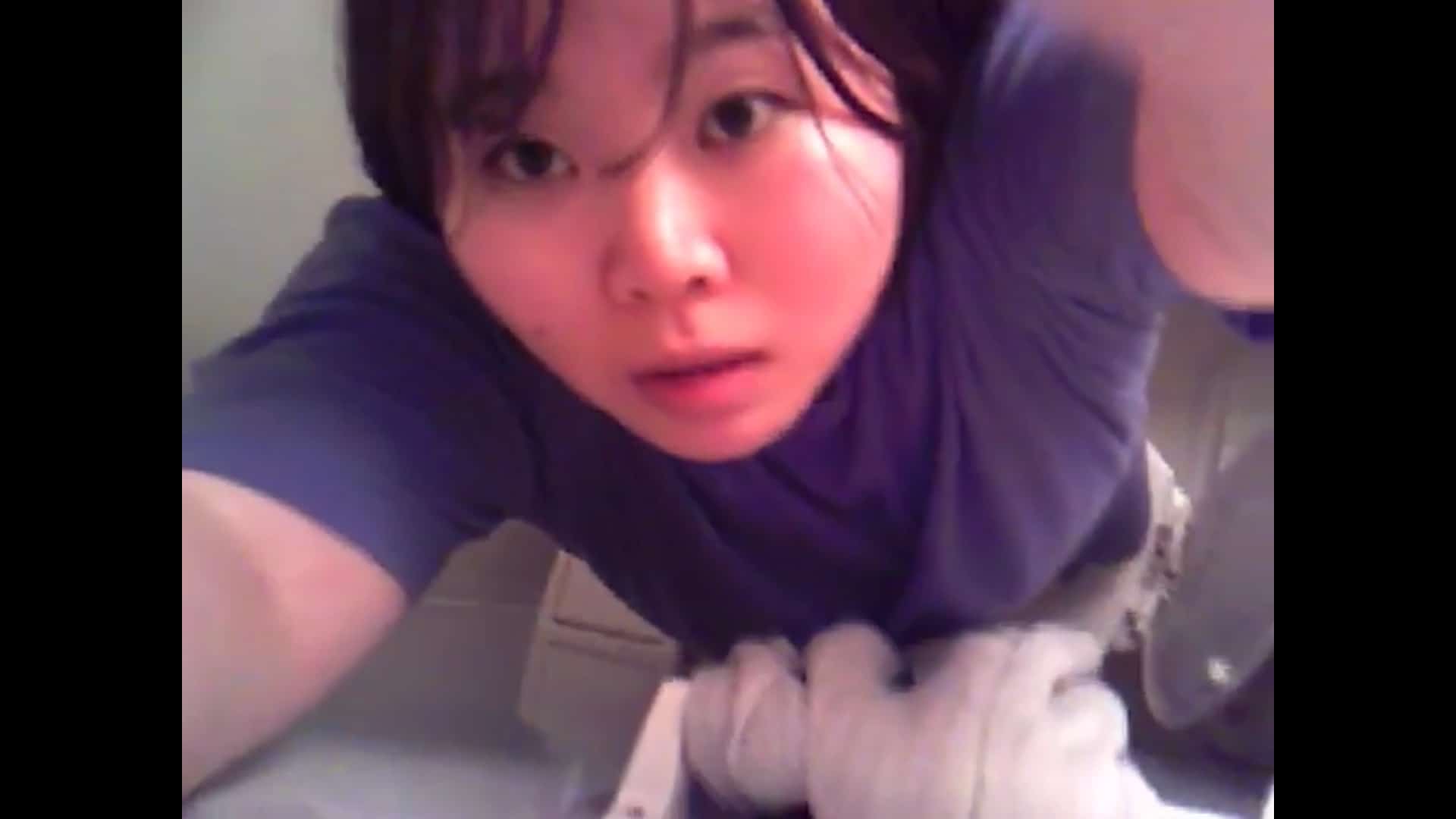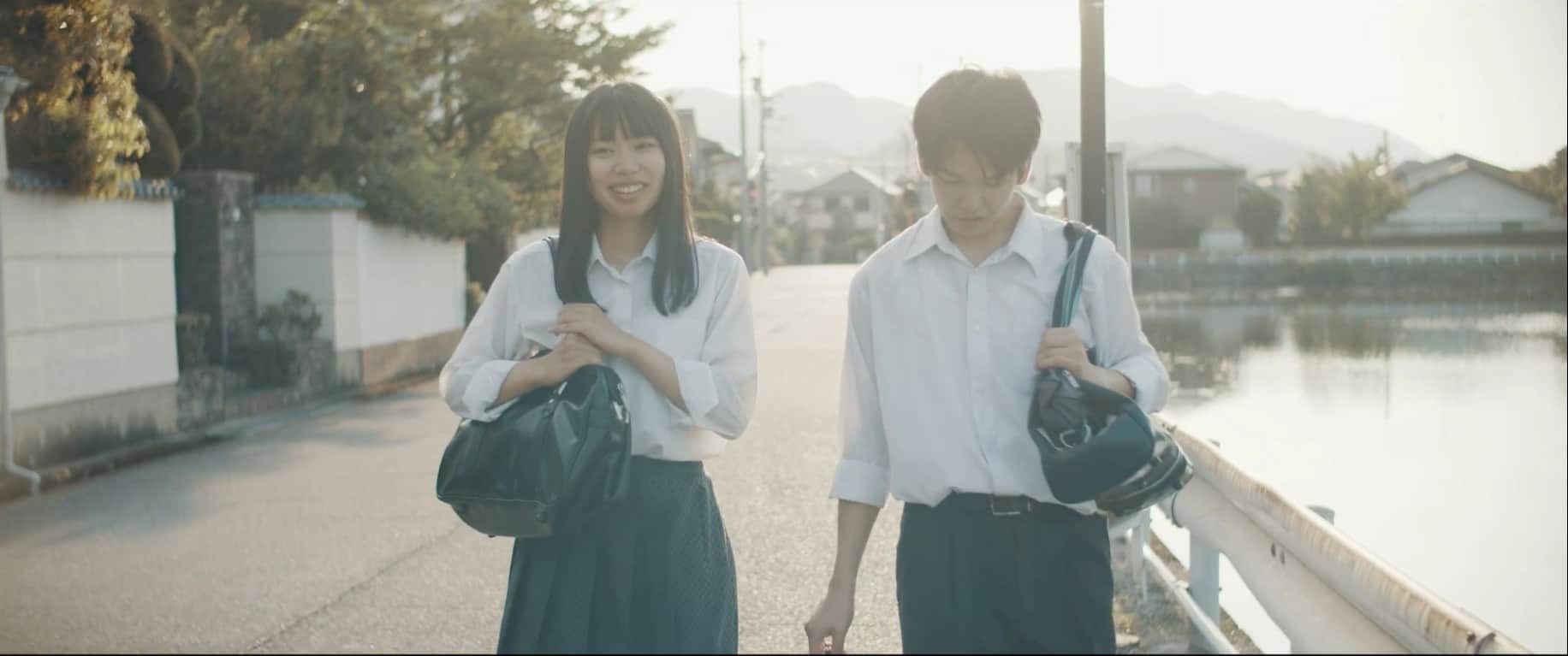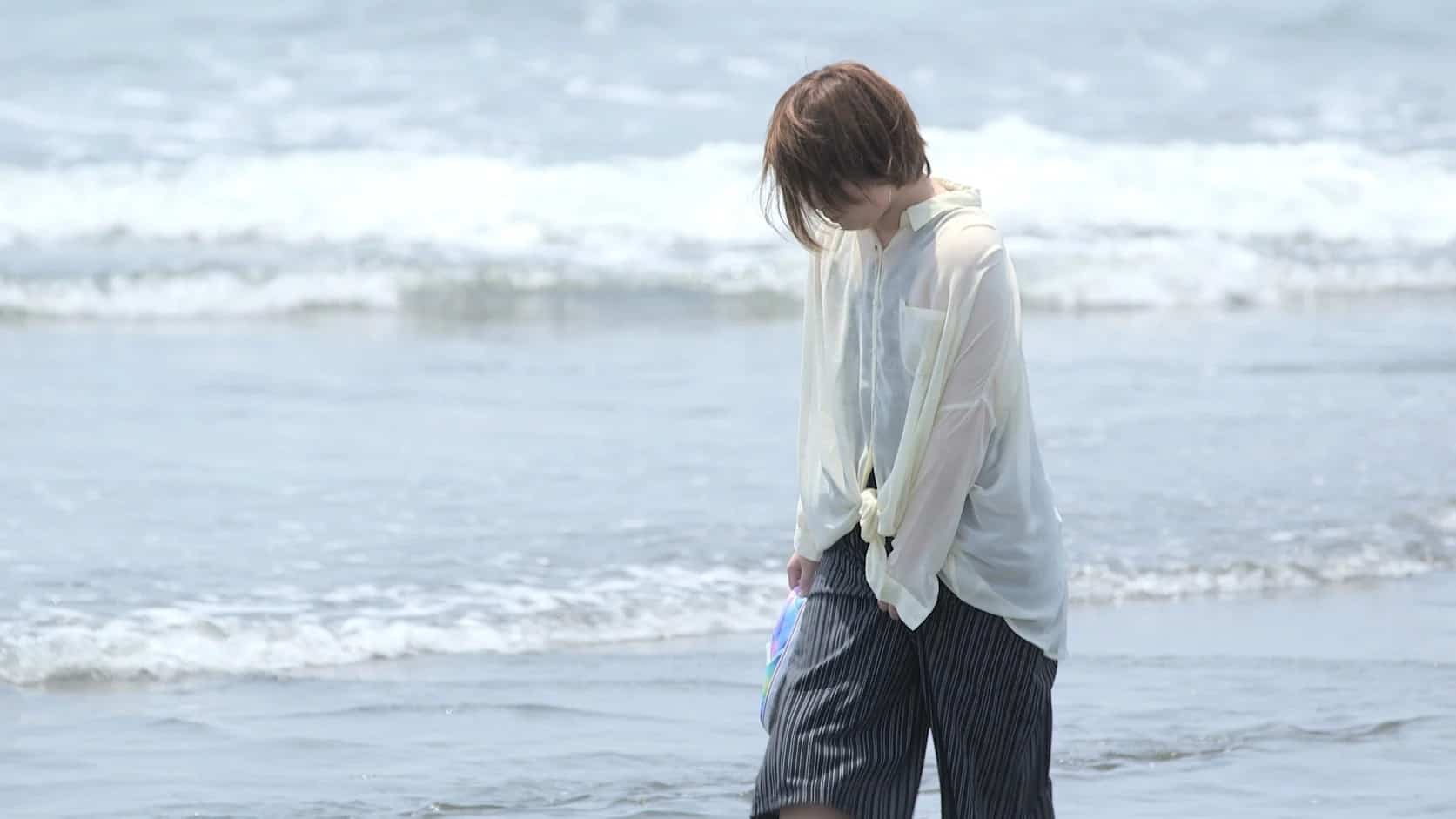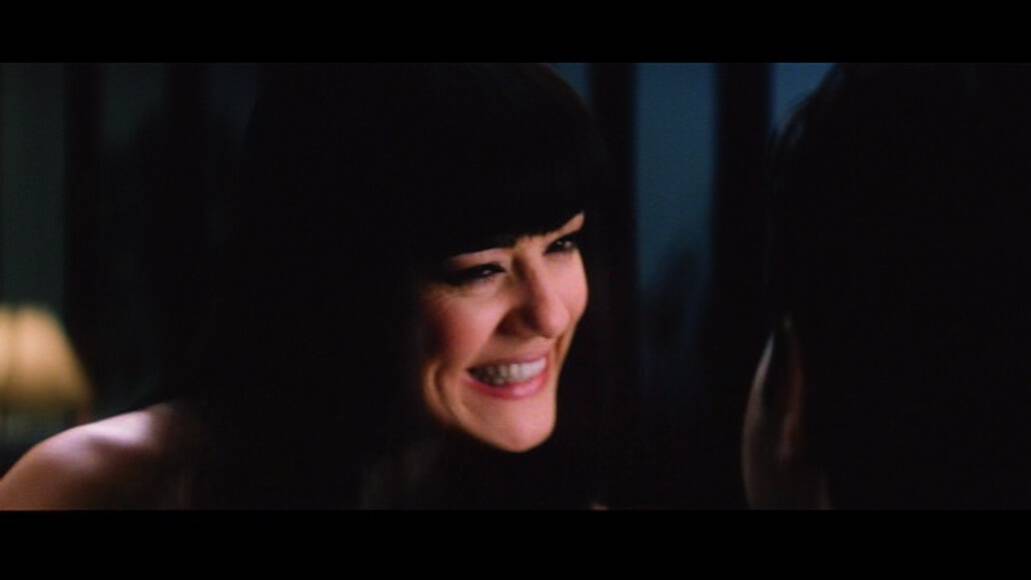Even before the success of “Shoplifters” the family drama has been one of the most popular genre within Japanese cinema. As a mirror of social, political and economic issues the family portrait can be quite powerful as many artists, also from other media, have found out which is perhaps why these images have become so frequent. However, it takes a certain kind of director, among other things, to make a family stand out, but in the case of Nobuhiko Obayashi's “Seven Weeks” we luckily have one of those features. Described by the director as “Guernica in moving images”, the story Obayashi tells in one of his last movies touches upon a death in a family, and the kind of conflicts and memories it brings for the relatives left behind, while at the same time presenting a uniquely maverick portrayal of post-war Japan.
“Seven Weeks” OPENS JAPAN SOCIETY, NY and Nationwide VIRTUAL CINEMAS and THEATERS, July 9, courtesy of Kimstim Films
When Mitsuo Suzuki (Toru Shinagawa) dies at the age of 92, it does not take much time for the other family members to arrive in the small town of Ashibetsu, where he had spent his last years. As the doctor at the hospital declares the time of death, the discussions about funeral arrangements between Mitsuo's sister Eiko (Tokie Hidari) and his grandchildren, Akito (Shunsuke Kobuzuka), Fuyuki (Takehiro Murata), Haruhiko (Yutaka Matsuhige) and Kanna (Saki Terashima) start unfolding. It is a difficult family gathering, defined by various allegations about guilt and responsibility, making the event rather exhausting for everyone, especially after the arrival of Nobuko (Takako Tokiwa), a former nurse working under Mitsuo at the clinic, who may shed some light on the past of the former doctor.
However, as the stories and memories continue, we also get to know about the problematic history of Ashibetsu, a former mining town, where slave labor was common practice. As 40-year-old Mitsuo (Shusaku Uchida) becomes a doctor in the town, he also becomes part of a love triangle, whose story and connections show the dark history of the community as well as the nation.
To those familiar with the director's body of work, besides his most famous movie “Hausu”, the structure of “Seven Weeks” will fit in nicely with his later features, such as “Hanagatami” and “Labyrinth of Cinema”. Especially the first hour is not easy to sit through with its fast-paced editing, which seems contrary to the situation the family is going through. At the same time, Obayashi establishes a certain dynamic defined by guilt, secrets and mistrust, with some of the characters seemingly giving monologues to themselves, rather than communicating. There is something hidden behind that surface and the chatter of people reminiscing about old times, but also trying their best to unwind the death of their father/ grandfather.
Every death holds a history, which connects to the world around us. This kind of understanding, this cycle of life and death, is one of the most prominent themes in “Seven Weeks” and in general, the last movies of Nobuhiko Obayashi. The family unit as well as the body of a person becomes a symbol for a much bigger context, in this case the development of Japan after World War II, its sins and hidden realities. After the confusing first hour, the flashbacks to Mitsuo's time as a doctor illuminate much of these connections, some of which relate back to the beginning, even such small details like the Gatatan soup, which some of the family members like so much. It is an intricate portrayal of a person's and therefore Japan's past, full of hidden meanings, not unlike Picassos's famous painting of the Spanish Civil War.
In the end, “Seven Weeks” is a very interesting, yet complex portrait of a family and a nation, its past and its future. Nobuhiko Obayashi manages to create a compelling narrative whose real impact unfolds over time, as more of the hidden meanings and details are uncovered by the attentive viewer.


